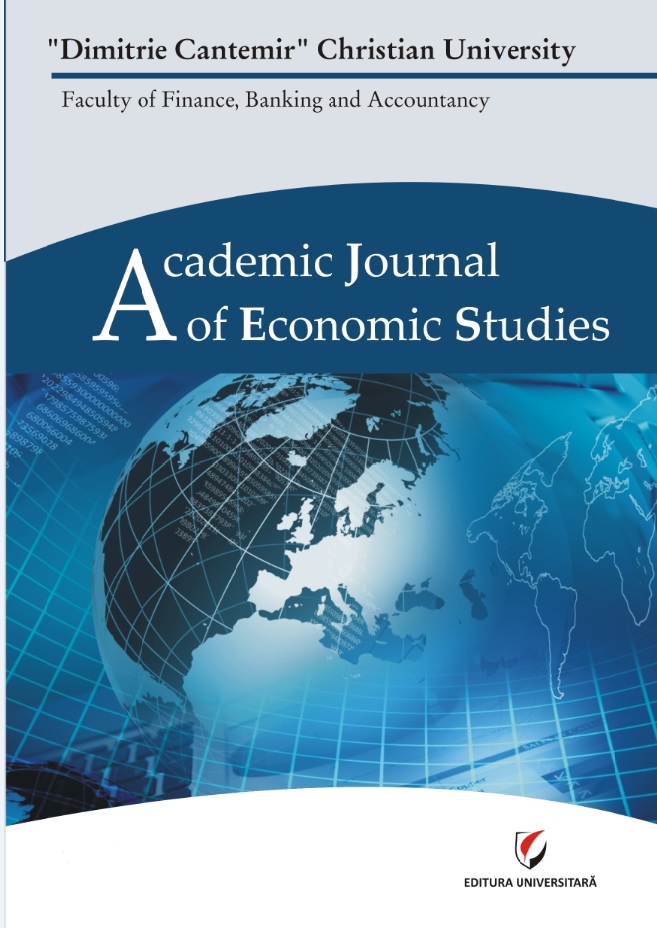Education, Health Expenditure and the Quality of Life in Nigeria
Education, Health Expenditure and the Quality of Life in Nigeria
Author(s): Ifunanyachukwu N. Igboanugo, Rasaki Stephen DaudaSubject(s): Micro-Economics, Socio-Economic Research
Published by: Editura Universitară & ADI Publication
Keywords: Quality of life; Per Capita Income; education expenditure; health expenditure; Autoregressive Distributed Lag Model (ARDL);
Summary/Abstract: This paper investigates the direct impact of education and health expenditure on the quality of life in Nigeria for the period of 1980 till 2017. Evidently, empirical studies exist that suggests that government investments on education and health on the long-run, translates to economic growth. In line with the foregoing, this study focuses on the role which effective government expenditures in health and education play on the enhancement of the citizenry quality of life. Meanwhile, the study used a world development indicator (WDI) data and as well employs Autoregressive Distributed Lag Model estimation technique. However, the study discovered that health expenditure is effective in the long-run to stimulate growth on the per capita income; this means more funds should be allocated to the sector. Furthermore, education expenditure has a negative relationship with per capita income and is not significant; this implies that government education expenditure cannot translate into enhanced quality of life. Based on the foregoing, this study’s policy implication is that the Nigerian government should restructure and allocate more fund to education and health expenditure in its annual budget.
Journal: Academic Journal of Economic Studies
- Issue Year: 5/2019
- Issue No: 4
- Page Range: 94-102
- Page Count: 9
- Language: English

